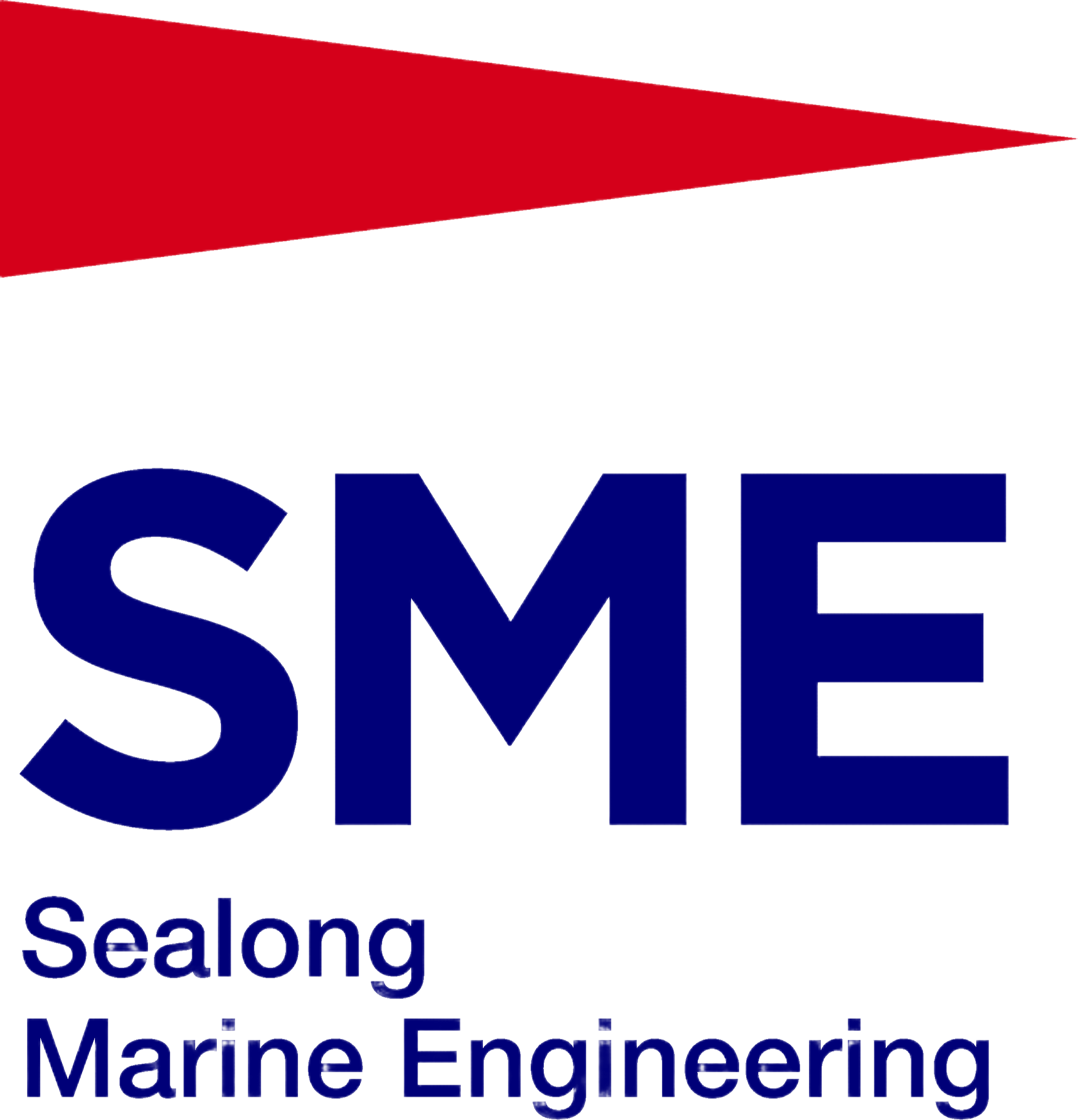How Impressed Current Systems Work in Harsh Environments?
It is difficult to provide corrosion protection system in Marine corrosive environments such as open seas with big waves, coastal zones with variable salinity and offshore sites with temperature differences. Cathodic protection in such environs is difficult, yet Sealong Marine Engineering Group (SME), with its focus on marine anti-corrosion solutions offers Impressed Current Cathodic Protection (ICCP) systems developed to service the challenging demands of such severe environments. They are also made to tolerate environmental stress and provide a continuous corrosion protection for metallic structures, including ships hulls, offshore platforms or undersea pipelines. Here, we discuss how SME’s ICCP systems have been developed to provide effective and reliable operation in demanding marine environments.
1. Ruggedized Components: Withstanding Physical and Chemical Stress
The practical use of ICCP systems in severe sea conditions makes them susceptible to mechanical (e.g., wave action, collision against debris) and chemical attack (e.g., high salinity water and acidic pH). SME deals with this issue by using durable and corrosion resistant components in their ICCP systems. Anodes, that deliver the currents are manufactured with a special covered titanium alloy material over mixed metal oxides which is free of pitting and cracking even in the highest salty acidic waters. The DC power supply units of the system are contained inside of watertight, impact resistant cases protecting components from salt spray, waves splashes and harsh temperatures. Even the connecting cables are covered in durable abrasion resistant jackets to guard against damage from under water debris or platform vibration keeping your system working even in extreme conditions.
2. Adaptive Current Regulation: Counteracting Environmental Fluctuations
Extreme operating conditions result in dynamic fluctuations of water salinity, temperature and flow rate, which interfere with the electrochemical equilibrium necessary to establish effective corrosion protection. SME ICCP systems deal with this through real time adaptive real current regulation based on embedded reference electrodes. These electrodes continue monitoring from the protective potential. I.e., if the analogous situation of a storm is causing more dynamic water, the power supply can sense this difference and instruct its current output to be changed, so slightly raised -- to sustain peak protection. Given the same, it's also true that in freshwater run-off of coastal waters where salinity is lowered, the system supplements current to compensate for the diminished ability to convey electrons. This flexibility guarantees that the system neither runs at less than optimal capacity, nor over-protects – even during erratic environmental extremities.
3. Anti-Fouling Integration: Preventing Biological Blockages
Marine organisms like barnacles, mussels, algae and such thrive in warm nutrient-rich harsh environments and typically attach to ICCP components creating blockages of anodes, insulation of reference electrodes and impeding the flow of current. This is countered by SME through anti-fouling control systems within its ICCP systems. The anodes are coated with non-toxic anti-fouling agents which prevent organism growth but do not result in marine injury. Some reference electrodes have self-cleaning designs that vibrate periodically to remove initial fouling. This anti-fouling design, virtually eliminates performance loss due to biological growth that is a key problem with ICCP installed in nutrient rich waters.
4. Remote Monitoring and Troubleshooting: Minimizing On-Site Interventions
It is difficult and expensive to access ICCP systems in extreme environments for maintenance. SME overcomes this with its implementation of remote monitoring and troubleshooting facilities within their ICCP systems. Sensors wire the core indicators actual output, protection ability and status of components through a cloud to get real time information at onshore areas. Each time an anomaly is detected, the system creates alerts and provides diagnostic information to help with the identification of issues. Sensitive; Temporary by being remote, and so not having to visit the areas. This remote operation minimizes risk for maintenance crews and keeps the system running when limited access is available due to harsh weather or location.
SME’s Impressed Current Systems Our impressed current systems are fit for heavy duty marine work using heavy duty parts, adjustable control, anti-fouling housing design and monitoring from a remote location to insure even corrosion protection. Serving the needs of operators in demanding marine applications, these systems offer peace of mind to safeguard metal assets and minimize downtime.
Table of Contents
- How Impressed Current Systems Work in Harsh Environments?
- 1. Ruggedized Components: Withstanding Physical and Chemical Stress
- 2. Adaptive Current Regulation: Counteracting Environmental Fluctuations
- 3. Anti-Fouling Integration: Preventing Biological Blockages
- 4. Remote Monitoring and Troubleshooting: Minimizing On-Site Interventions

 EN
EN







































